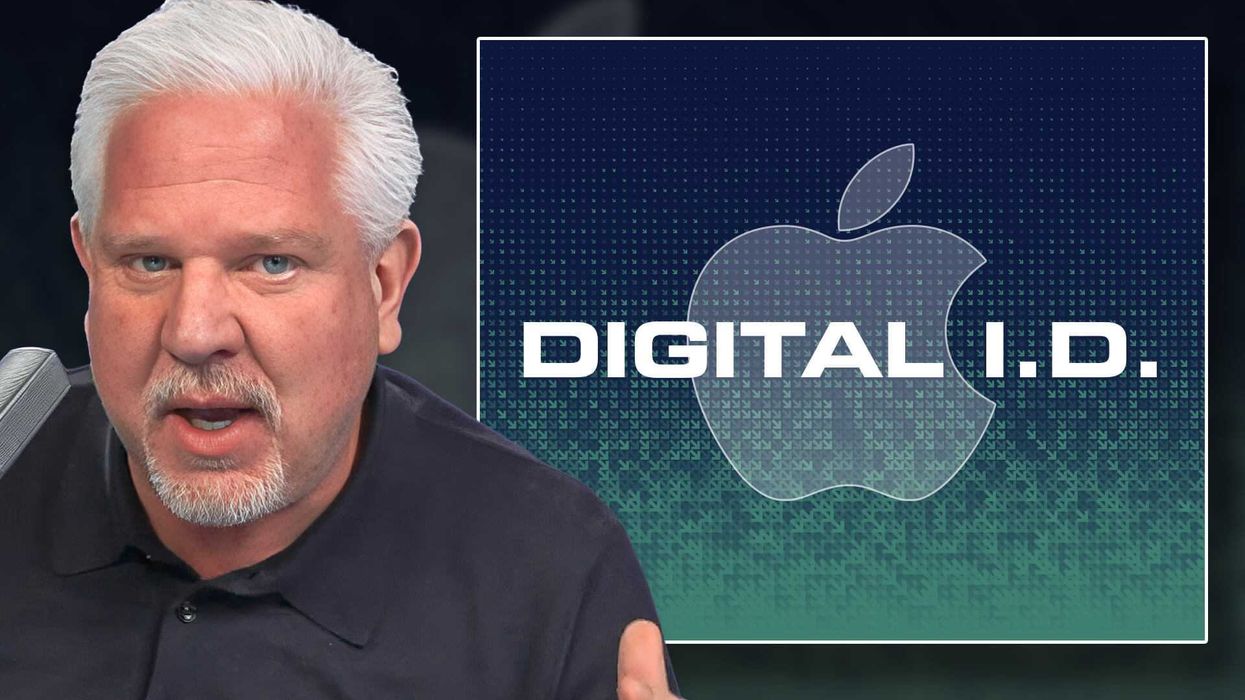
© 2025 Blaze Media LLC. All rights reserved.
Legal Theft: Florida DMV Makes Millions Legally Selling Personal Information
July 29, 2011
"This is my own personal information, and I don't think it should be out there."
According to a recent report, the Department of Motor Vehicles in Florida has been selling names, addresses and dates of birth to companies in return for a promise that they not to harass anyone.
Among the firms that allegedly pay for information many consider confidential are Lexis Nexis and Shadow Soft.
The only people who are exempt from the sale of their personal information are judges and police officers.
What many people don't realize is that under the Driver’s Privacy Protection Act the information gathered by is legally available to certain companies.
Ann Howard of the Florida Department of Highway Safety and Motor Vehicles said in a U.K. Mail Online article that, “Per federal mandate, there are companies that are entitled to this information.”
“Insurance companies, for example, are entitled to this information. Employers are entitled to this information.”
“This information cannot be sold to a company that plans to solicit business, such as companies that want you to come to their ice cream store or companies that want you to buy their vehicles,” she added.
According to the report, there are 15.5 million registered drivers in Florida and the state charges firms one cent per electronic file.
Motorists quizzed by local news stations were amazed when they found out that this practice was occurring in their state.
"This is my own personal information, and I don't think it should be out there,"said John Platt in the report.
"You're kidding me," said Bebe Neice.
"That's crazy. I didn't have a clue about it," added Mischka Peralto.
The DMV claims that selling the information is a matter of public safety because if there is a vehicle recall, the manufacturer involved will have the most current owners details.
Situations where the information is available for sale include when it is requested by any government agency, licensed private investigation agencies (in certain circumstances), insurance companies, employers, or businesses that seek to verify or correct personal information for producing statistical reports and other research.
"Per federal mandate, there are companies that are entitled to this information. Insurance companies, for example, are entitled to this information. Employers are entitled to this information," said Ann Howard.
"If a company violates the Federal Driver Privacy Protection Act, they do face federal charges and federal fines," she added.
If it's any consolation to the people of Florida, Social Security numbers and license plates are not included in the sale to companies that gather data and then sell it on for various different purposes. Furthermore, companies that buy the information must sign contracts pledging not to bother people.
But that's very little comfort indeed. The question is: how does a company that purchases this information define "bother"?
Want to leave a tip?
We answer to you. Help keep our content free of advertisers and big tech censorship by leaving a tip today.
Want to join the conversation?
Already a subscriber?
more stories
Sign up for the Blaze newsletter
By signing up, you agree to our Privacy Policy and Terms of Use, and agree to receive content that may sometimes include advertisements. You may opt out at any time.
Related Content
© 2025 Blaze Media LLC. All rights reserved.
Get the stories that matter most delivered directly to your inbox.
By signing up, you agree to our Privacy Policy and Terms of Use, and agree to receive content that may sometimes include advertisements. You may opt out at any time.






